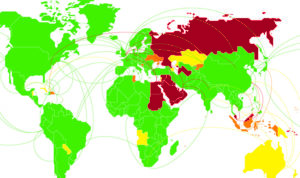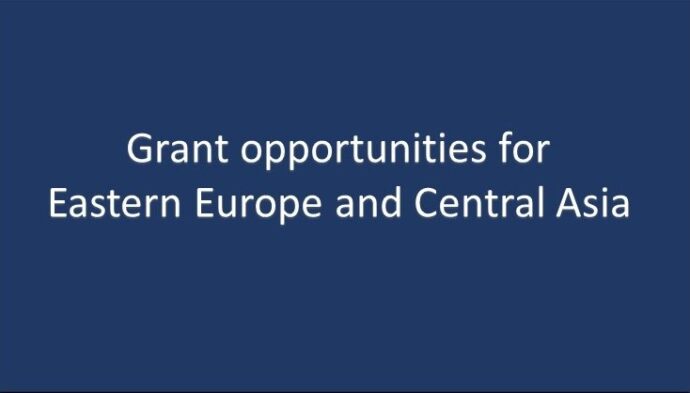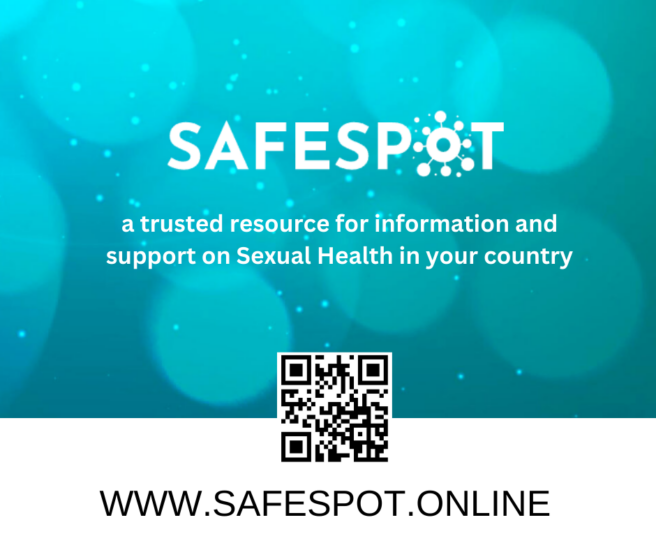
In 2019 around 48* countries and territories still have restrictions that include mandatory HIV testing and disclosure as part of requirements for entry, residence, work and/or study permits.
UNAIDS and the United Nations Development Programme (UNDP) are urging countries to keep the promises made in the 2016 United Nations Political Declaration on Ending AIDS to remove all forms of HIV-related travel restrictions. Travel restrictions based on real or perceived HIV status are discriminatory, prevent people from accessing HIV services and propagate stigma and discrimination.
Out of the 48 countries and territories that maintain restrictions, at least 30 still impose bans on entry or stay and residence based on HIV status and 19 deport non-nationals on the grounds of their HIV status. Other countries and territories may require an HIV test or diagnosis as a requirement for a study, work or entry visa. Since 2015, only four countries have taken steps to lift their HIV-related travel restrictions—Belarus, Lithuania, the Republic of Korea and Uzbekistan.
The Human Rights Council, meeting in Geneva, Switzerland, in the end of June for its 41st session, has consistently drawn the attention of the international community to, and raised awareness on, the importance of promoting human rights in the response to HIV, most recently in its 5 July 2018 resolution on human rights in the context of HIV.
“Policies requiring compulsory tests for HIV to impose travel restrictions are not based on scientific evidence, are harmful to the enjoyment of human rights and perpetuate discrimination and stigma,” said Dainius Pūras, Special Rapporteur on the right of everyone to the enjoyment of the highest attainable standard of health.
Nowadays UNAIDS and UNDP, as the convenor of the Joint Programme’s work on human rights, stigma and discrimination, are continuing to work with partners, governments and civil society organizations to change all laws that restrict travel based on HIV status as part of the Global Partnership for Action to Eliminate all Forms of HIV-Related Stigma and Discrimination. This is a partnership of United Nations Member States, United Nations entities, civil society and the private and academic sectors for catalysing efforts in countries to implement and scale up programmes and improve shared responsibility and accountability for ending HIV-related stigma and discrimination.
*The 48 countries and territories that still have some form of HIV related travel restriction are: Angola, Aruba, Australia, Azerbaijan, Bahrain, Belize, Bosnia and Herzegovina, Brunei Darussalam, Cayman Islands, Cook Islands, Cuba, Dominican Republic, Egypt, Indonesia, Iraq, Israel, Jordan, Kazakhstan, Kuwait, Kyrgyzstan, Lebanon, Malaysia, Maldives, Marshall Islands, Mauritius, New Zealand, Oman, Palau, Papua New Guinea, Paraguay, Qatar, Russian Federation, Saint Kitts and Nevis, Samoa, Saudi Arabia, Saint Vincent and the Grenadines, Singapore, Solomon Islands, Sudan, Syrian Arab Republic, Tonga, Tunisia, Turkmenistan, Turks and Caicos, Tuvalu, Ukraine, United Arab Emirates and Yemen.




